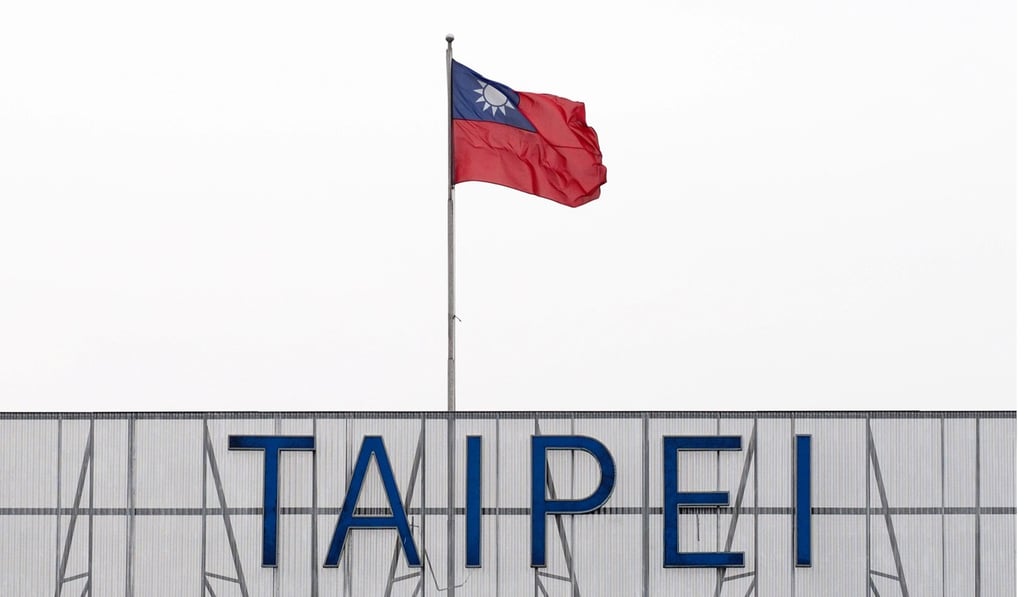Taiwan and mainland Chinese aviation authorities row over extra flights for Lunar New Year
- At least 400,000 Taiwanese live on the mainland and demand for tickets is likely to be especially high as the holiday comes a couple of weeks after the island’s presidential elections
- Mainland authorities say Taiwanese have rejected offer to increase number of charter flights, but they insist they have yet to discuss the topic

Aviation authorities in Taiwan and mainland China have traded barbs over the number of cross-strait flights during Lunar New Year – which falls two weeks after the island’s presidential election.
Beijing has accused Taipei of rejecting the mainland’s side offer to increase the number of charter flights between January 4 and February 15 next year.
But the Taiwan authorities dismissed this charge, saying the two sides had yet to discuss the topic.
In a statement on Tuesday, the Civil Aviation Administration of China said its officials “have many times sought to negotiate with their Taiwanese counterparts over the holiday flight increases between January 4 and February 15, only to be clearly rejected by the aviation executives in Taiwan”.
This year saw 418 charter flights running over the holiday period and the CAAC said it had offered to increase the number in 2020 to help people living on both sides of the strait travel home for Lunar New Year’s Day on January 25.
